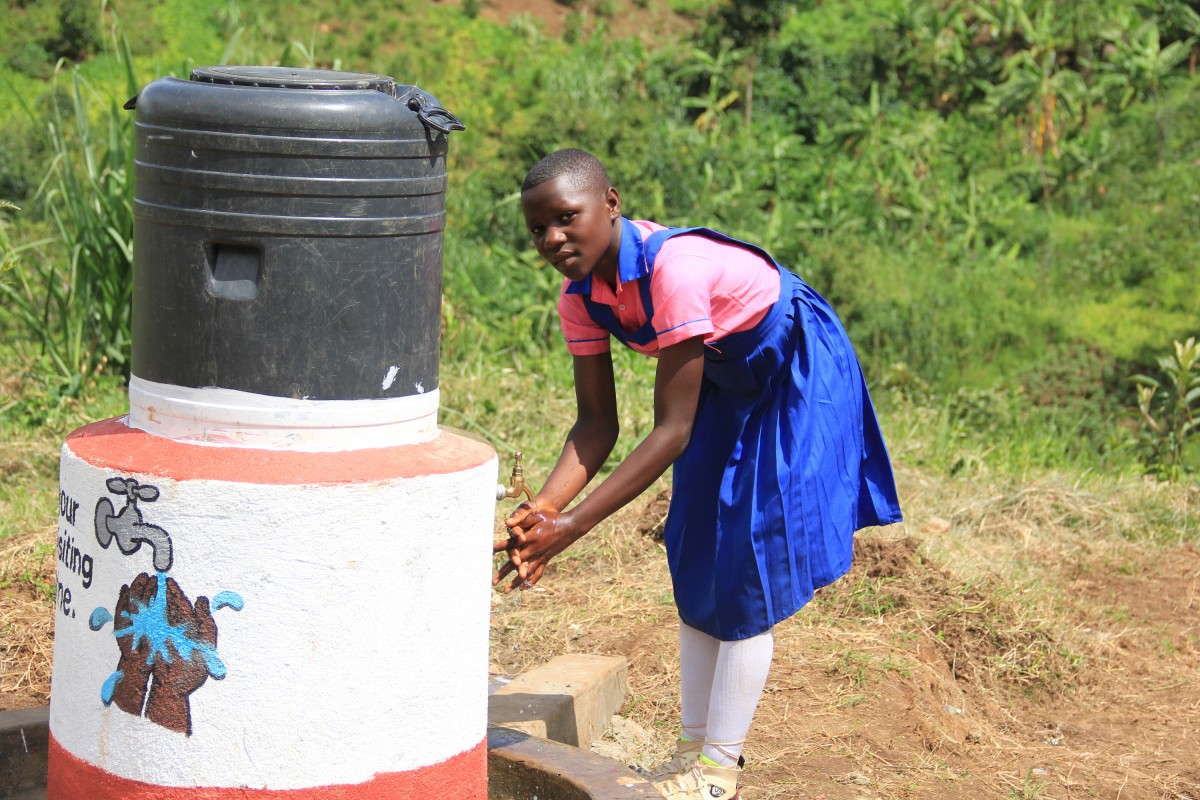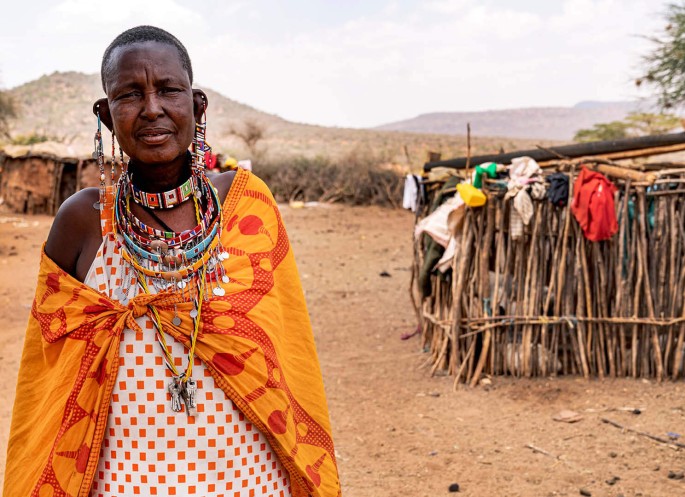How fundamental is the right to water? Major breakthrough in Dutch court case
Can you cut off households with children from a basic service like drinking water when a household is unable to pay the bills? No, that is unlawful, the Court of Appeal in The Hague ruled this week.
The right of access to water is a fundamental right, was the Court's conclusion. The interests of children must come first.

Always water from your own tap
According to the Court, the state and drinking water companies may not "deliberately leave open the possibility of children having insufficient access to water". They are doing so with the current shut-off policy, the Court finds. According to the new ruling, the state and these companies must do "everything reasonably possible" to prevent children from not having enough access to water.
Dutch water companies currently have the option of denying access to drinking water if parents or guardians do not pay their bills. This only happens after a number of reminders and reports to debt assistance agencies and an emergency provision for a few days. Litigation over the legality of cut-offs has been going on in the Netherlands since 2008. As recent as 2022, water companies raised the alarm on the risk of serious drinking water shortages in the Netherlands.
The case had been brought by Defence for Children and the Dutch Lawyers Committee for Human Rights (NJCM in Dutch). The organisations demanded that children of people who do not (or cannot) pay the water bills should always be able to get water from their own tap.
International interest
It is an important ruling that is also watched closely abroad. This is because the human right to water, as derived in 2002 by the Committee on Economic, Social and Cultural Rights from the 1966 treaty of the same name, is not automatically binding to states. Moreover, it is not a civil or political right, but part of socio-economic rights. These are positive human rights, meaning that the state is only bound to make an effort for it.
This new ruling offers improvement as it is now less easy for governments to hide behind the responsibility of others, e.g. parents or guardians, in ensuring access to water for all children.
The pressure on governments to work harder for access to drinking water for all can be increased significantly.
Important case law
This can significantly increase the pressure on governments worldwide to work harder to ensure access to drinking water for all. And that is no luxury in a world where, as a result of climate change, both the availability and affordability of water are increasingly coming under pressure.
Let us not forget that in many low-income countries it is precisely the most vulnerable households that often spend tens of percent of their income on water. This scarcity and (lack of) affordability lead to distressing situations, including sextortion, where women and girls are extorted to trade sex for water. Governments have a responsibility to end such human rights violations. Let this ruling be a contribution to that.

